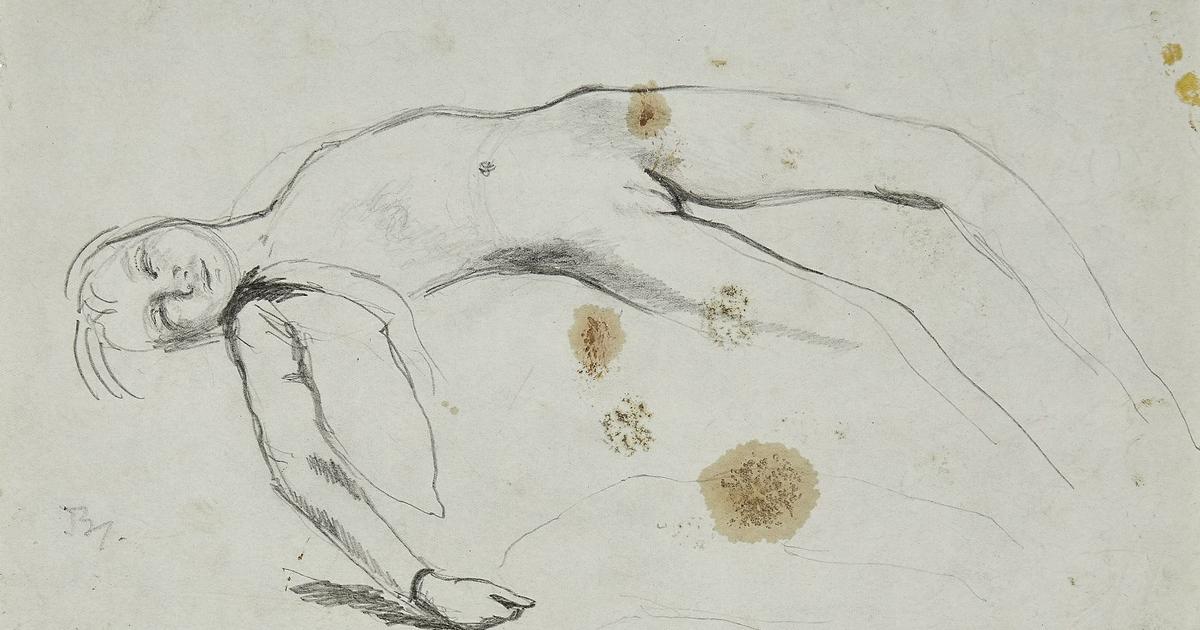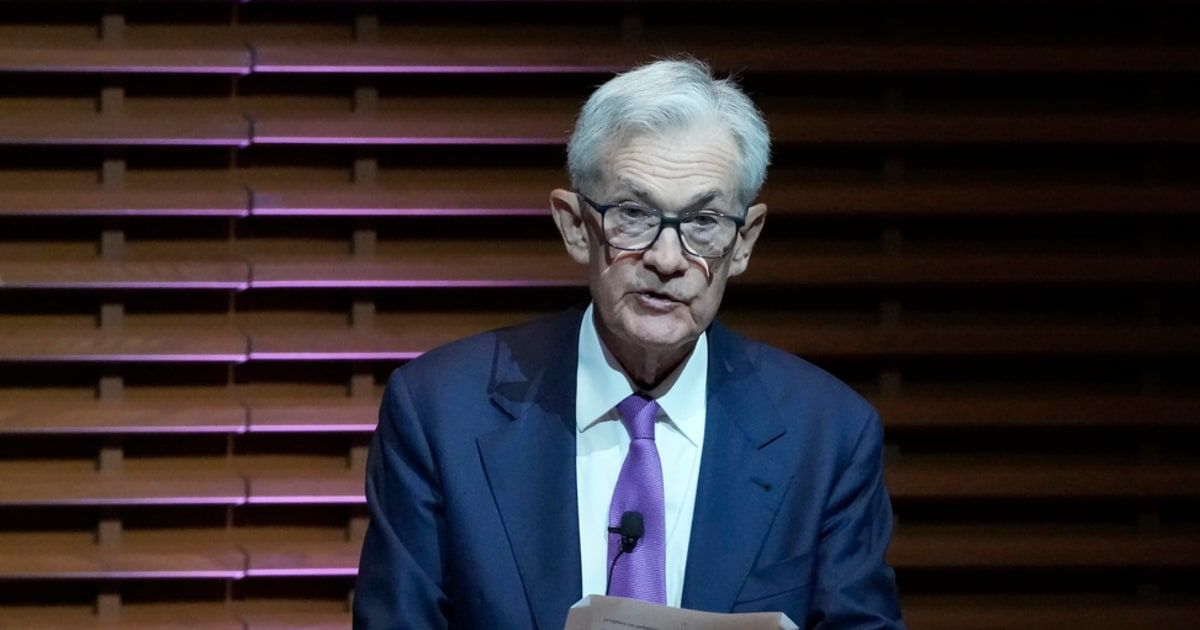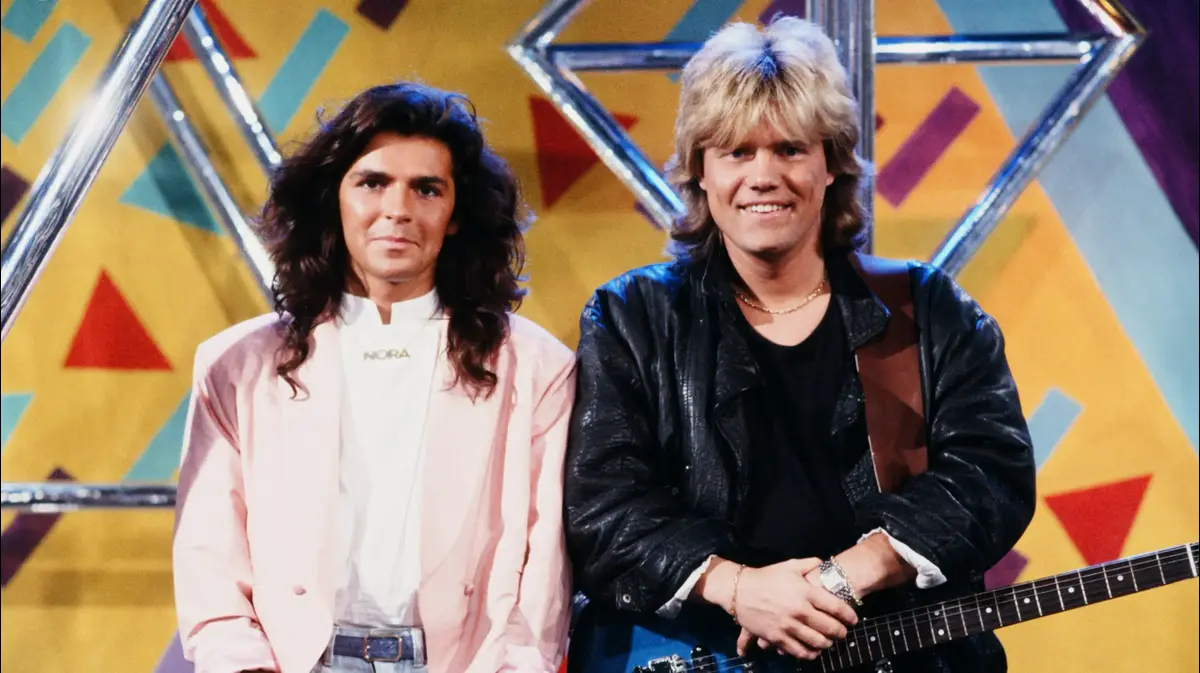Enlarge image
Director Dieter Wedel 2015 in Bad Hersfeld
Photo: Heiko Meyer / laif
Dieter Wedel is dead, he died in mid-July at the age of 82.
The director and screenwriter, who was one of the most successful in Germany, shot miniseries such as "Der Schattenmann", "Der Große Bellheim" and "Der König von St. Pauli".
He thus gave a boost to public television, which was struggling with the newly established private broadcasters in the 1990s.
"Dear sorcerer of television counting," a ZDF director once called him.
Wedel was regarded as a masterful genius who was able to film material in a sophisticated and appealing manner, but was also completely incapable of criticism.
He was intoxicated and domineering, as those who worked with him describe him.
There was a toxic working atmosphere on the set, characterized by great pressure and choleric attacks.
Wedel himself once said that he was "intolerable".
Apparently, Wedel also crossed borders when dealing with women.
In the course of the #MeToo debate in early 2018, »Zeit-Magazine« published allegations by three actresses that the director sexually assaulted them in the 1990s.
More were added later.
Wedel denied the allegations.
There could have been a verdict
The Munich I public prosecutor's office nevertheless filed charges, which only happens if there is a realistic chance of a conviction.
The actress Jany Tempel had testified that Wedel raped her in 1996 when she was applying for a film role, the case was not yet statute-barred.
The indictment contains 21 witnesses who were able to confirm Tempel's statements or who worked with Wedel.
The public prosecutor's office was therefore certain that Wedel would "be convicted" in the main hearing, as she writes.
It would be the first #MeToo case in Germany that would have ended up in a criminal court as a result of a media publication.
There could have been a verdict on the allegations themselves - and not just on whether the reporting of the allegations was lawful.
But the district court took more than a year to decide whether to open the process.
The decision should be announced this week.
Now there will not even be a legal verdict in this case, which has been in the public eye for four years.
Wedel's lawyers would like the allegations to no longer be written about after the death of their client: "There is no reason for the continuation of public speculative considerations," according to a press release sent out this week.
The lawyers claim that the media "mixed the roles of journalist and prosecutor in biased reporting."
And they think that the Wedel case would not have been suitable for a social debate anyway, that it had "been exaggerated into the alleged 'model case' of a social movement".
But that's humbug.
The research was solid, which is also shown by the prosecutor's indictment.
It is of course relevant when influential people abuse their power and can sometimes abuse it for decades with impunity.
And it is crucial for a society how it deals with such accusations.
Are they taken seriously and those affected listened to, or are they laughed at and put down?
Will the powerful continue to be allowed to cross borders and excuse this with their artist status or influence?
Opinions often differ
In the end, this debate also decides how a society wants to live together.
Whether it allows the powerful to exploit their positions or whether they can be held accountable.
Whether she wants women in particular to still be reduced to their gender and body.
And whether equality is wanted.
But as clear as the answer is, in concrete #MeToo cases, opinions often differ, as with Wedel.
Doubts are then raised, or it is even said that those affected would invent allegations and start hunts against the alleged perpetrators, out of revenge, greed or to become famous - even if this has not yet been proven in any of the publicly discussed cases.
The problem is that most border crossings of this kind take place behind closed doors, so testimony stands against testimony.
For this reason, research into evidence in this area involves a great deal of effort and is very time-consuming, and processes are often not even opened in the first place.
A court decision in the Wedel case could have changed something.
A conviction would have shown that criminal law is not powerless in such cases.
And it would probably have encouraged other sufferers to report their own cases or make them public.
The fact that there is now no verdict in the Wedel case does not mean that the #MeToo debate is over.
On the contrary, it's a chance for her to come back to life and return to her core.
Because most recently, the debate revolved around show business, around men like Wedel or Harvey Weinstein, the American film mogul, who had been accused of assault by more than 80 women and who has since been sentenced to 23 years in prison.
It's about social norms and values
It was actually about abuse of power in combination with sexualized violence, on a small and large scale, prominently or not.
So about nurses who are harassed by senior physicians, service staff who are abused by guests in restaurants or at trade fairs and interns or trainees from whom supervisors expect sexual favors for the next employment contract.
In addition, many focused on allegations of rape, as if assaults that fall short of this statute are hardly worth entering into the debate.
There is smaller, but similarly powerful, sexualized violence that changes the lives of those affected for the worse because they are traumatized.
These can even include incidents that are not clearly covered by the penal code but are morally reprehensible, such as the infamous butt grabbing by someone in power over the person.
After all, democratic societies function primarily because of social norms and values, not because of criminal law.
Recently, it was also ignored that the same presumption of innocence applies to those affected as to alleged perpetrators.
They were accused of lying en masse, hatred and hate speech were poured over them, and there were even death threats.
This showed that many are not concerned with the individual case or the alleged perpetrator.
It's about silencing those affected.
In the end, Wedel's legacy could be that the #MeToo debate gets new life energy - and it's no longer about trophies like verdicts, but about how this society wants to live together.








